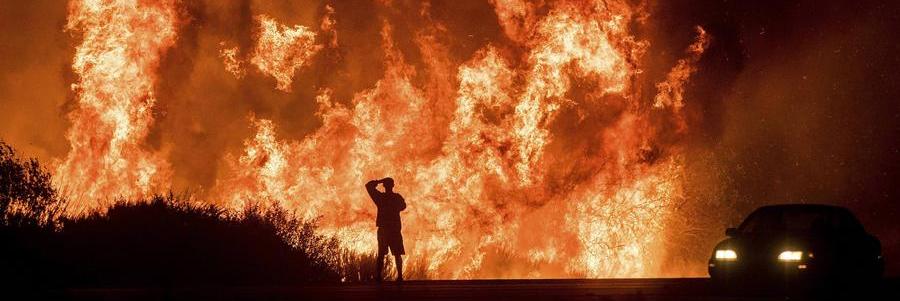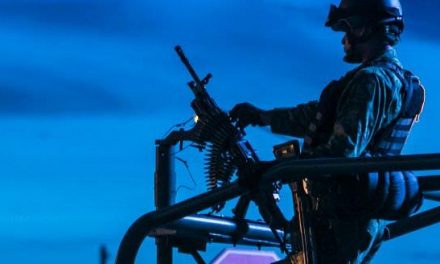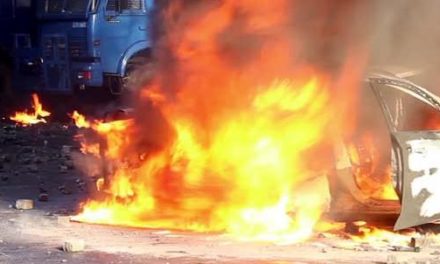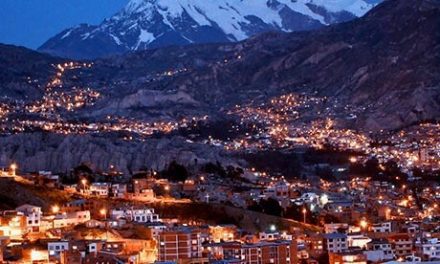By and large, the snap decisions people make in their everyday lives – which size coffee to buy, whether to take that parking space or look for a closer one, stay on the freeway or try a bypass – aren’t matters of life and death, particularly theirs. Nobody’s going to hunt them down because on a whim they opted for a tuna melt instead of their traditional ham and cheese. Even as trained operatives deployed on foreign soil, the quick choices Gaz and I made day in and day out weren’t likely to change the overall trajectory of events, particularly when weighed against the extensive plans and preparations that governed at least 80% of a mission.
Very occasionally though, and the moments bring with them an exhilarating sense of clarity, a decision made in the heat of the moment could have wide and far-reaching impacts, unquestionably altering the course of one’s life. Trapped in a Bolivian estate, armed mercenaries on all sides, shoulder-to-shoulder with my partner in arms, and with ammunition running low, the heavy weight of every decision stole the breath from our lungs. Each shot we took was one less we had for the rush we knew would come later, each entrance we watched meant two others went unguarded. Each motion was had its risk and reward potential calculated, tabulated, evaluated, and ultimately acted upon.
It had been many years since I held any illusions about the end of my career; either I was going to die very messily at the hands of foreign agents, disavowed by my government, or retire in obscurity in some back-water town like Barstow or Meeteetse. Being perfectly honest with myself, I knew the latter was not the more likely outcome. When I came to accept that fact, and not just on an intellectual level, the job became easier. What would come next wasn’t as important as what was happening in the moment, because wrong decisions now meant there wouldn’t be decisions to make later. All in all it was a very zen-like thing, or at least that’s what I’m told. Can’t say I’m any sort of spiritualist or moralist, just a grunt with a clear view of what ultimately matters, and what ultimately doesn’t.
For all the bravado and showing off the cartel’s gunners espoused while driving around the indigent communities that made up rural jungle life, it turns out that when faced with the real thing, young gangers discovery their backbones aren’t anything but paper tigers – all that posturing done in safety doesn’t matter much when lead starts flying. Living in and working for a country-spanning drug cartel isn’t the safest occupation, that’s for sure, and violence was often part of the job, but part of the allure and camaraderie they fostered was that they, as a group, were invincible, and that success was all but guaranteed. Sure some foot soldiers may die, but no individual thought it would be them caught on the wrong side of a rifle barrel. They may have only given lip service to the idea of the far future, but they each of them thought they’d live to see the next day.
Having to climb over the bodies of their brethren to enter the building was proving a more emotional obstacle than it was a physical one. Seeing friends die around them while in a pitched firefight was one thing – there they could focus their immediate anger at a visible enemy – in a long, tense standoff they had too much time between bouts of action. With all that adrenaline swirling around in their brains and nothing to put it toward, their thoughts would start turning to the very real fact of their own mortality.
Like I’ve said before, I’m no psychologist or expert on the human psyche, but I do know what it’s like to be in a tough scrape against an invisible enemy, and I know the toll it can take. With Gaz and I holed up as we were, anyone approaching the villa had a long time to contemplate the repercussions of their actions before they ever had a shot on us. Every time they approached in threes and fours, one was sent reeling back after seeing what we did to their mates, right in front of them.
Apparently our forced dissension tactics were working – the snap judgment to make examples of those trying to assault the house was paying off. We heard shouting from the jungle, and the occasional shot fired into the trees. It was a bad night to be a ground-level foot soldier, and they weren’t appreciative of management’s orders for them to charge blindly into the meat grinder; the reality of their own mortality was starting to overcome the pro-cartel propaganda they’d been fed. Soon heated arguments had erupted on three sides of the compound.
Three sides. We hoped that meant the North edge of the brightly-lit complex was running very low on manpower. After a terse and pointed conversation about our options, Gaz and I made a break for it.















